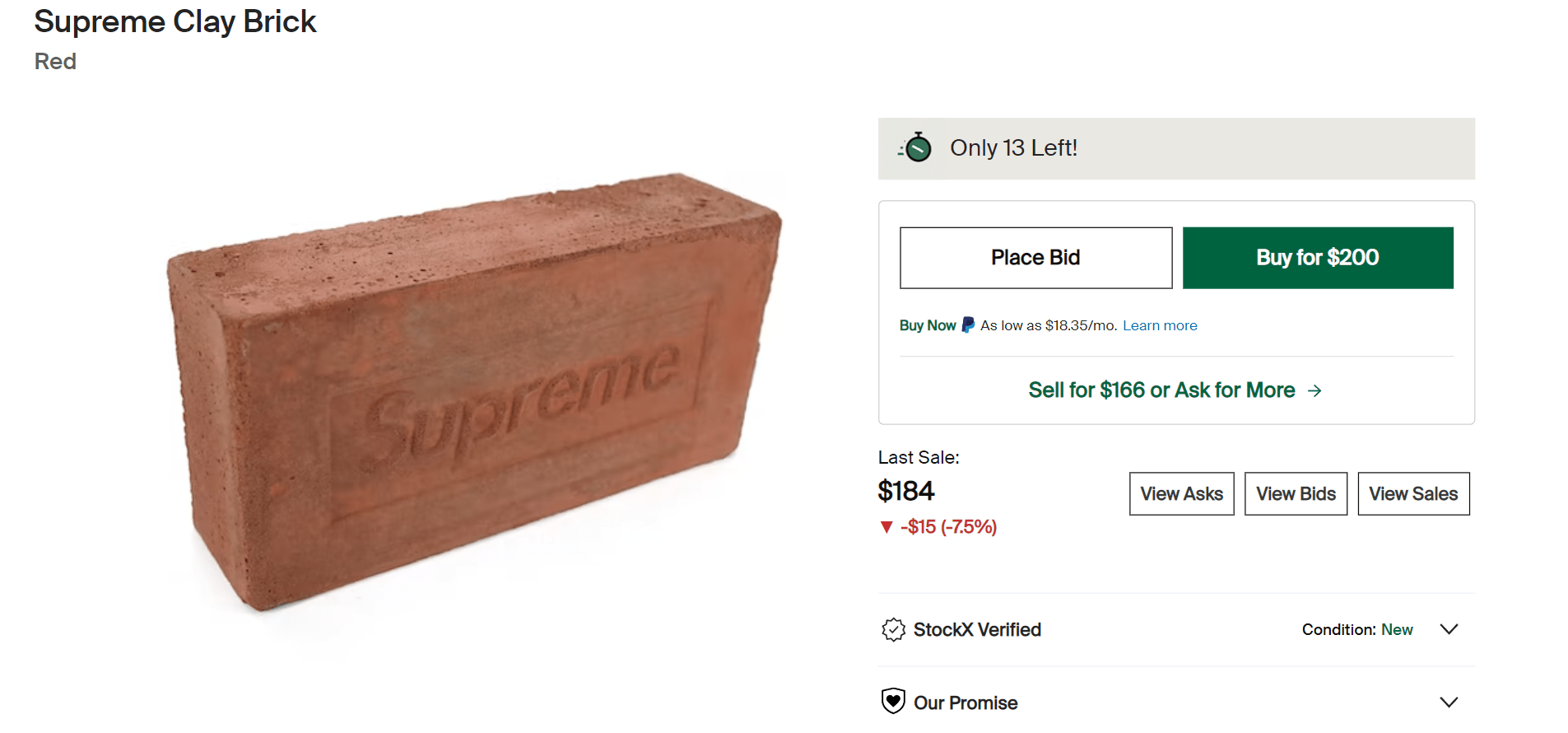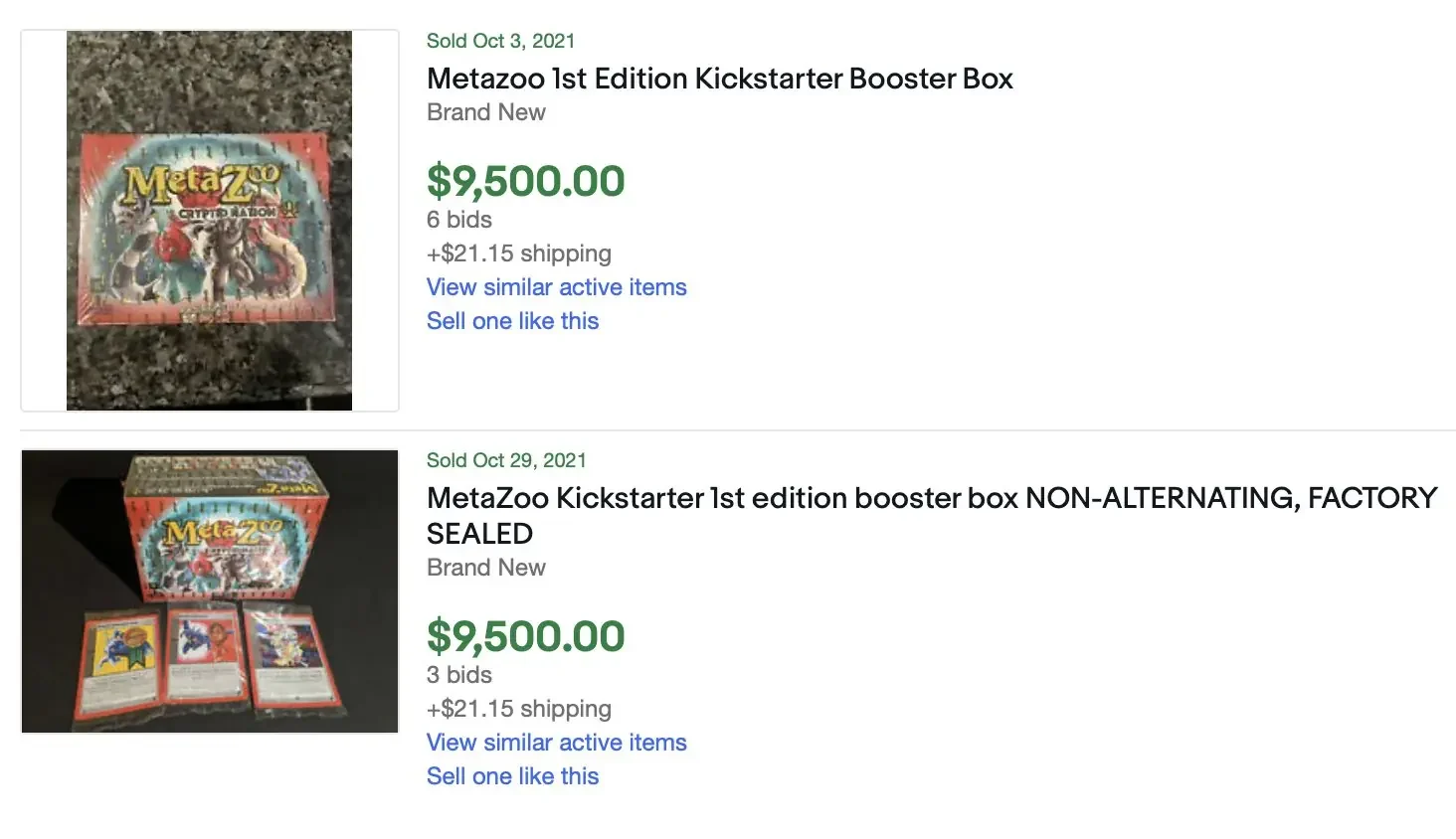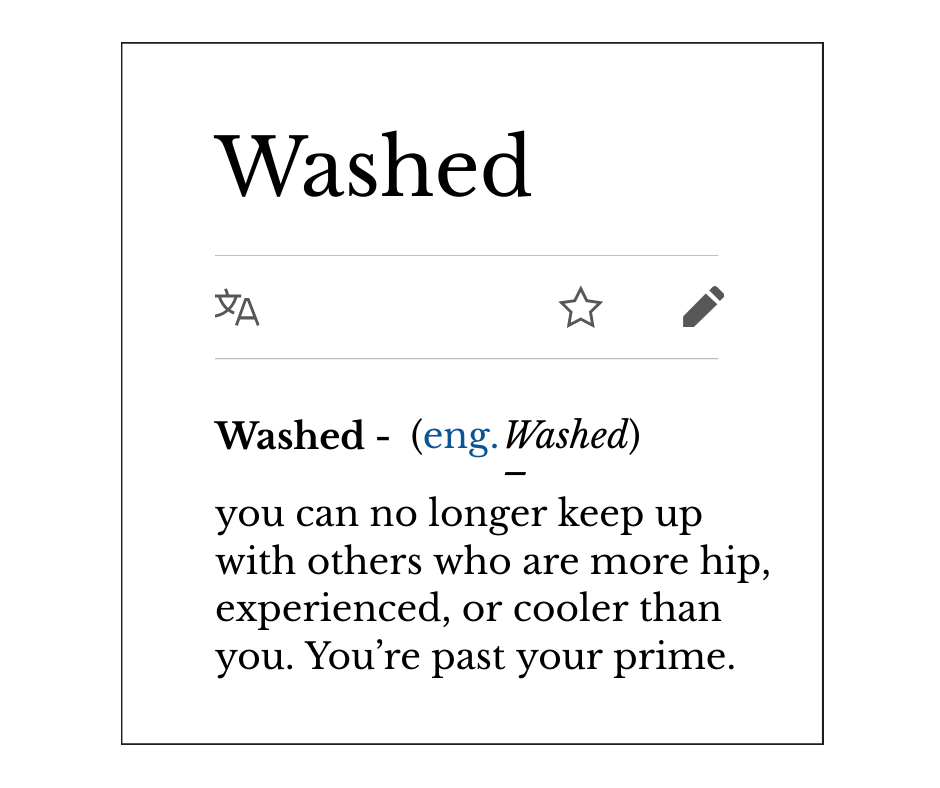
From thrift shops to card stores, the same skills apply

Less risk, more opportunities, plenty of profits

There's free money at the grocery store

Avoid picking “bricks” by thoroughly understanding market trends and target audience for the items you’re selling
New resellers need to find the right balance between holding items too long and selling too soon
You can expand your reach by using multiple selling platforms and connecting with fellow resellers to learn the reselling market
So, you’re new to the reselling game and eager to make money flipping sneakers, clothes, and other hype-worthy items? That’s amazing, but beware, there are some common pitfalls you’ll want to avoid. Making mistakes is part of the learning process, but why not learn from the missteps of others and save yourself some headaches? Let’s dive into some of the most common mistakes new resellers make and how you can sidestep these traps.
We’ve all been there. You find what you think is the perfect item to flip, but it turns out to be a total brick (meaning it loses you money instead of making it). The key to avoiding bricks is research. Put in the time to understand the market, trends, and target audience for the items you’re selling.

The Supreme brick is anything but a brick — these sold for $30!
The best way to avoid bricks is by connecting with other resellers. Joining a cook group is an excellent way to develop your own reselling knowledge. If you’re just getting started, we have a guide on the ins and outs of cook groups.
Your reputation is everything in the reselling game, and eBay is no exception. Negative feedback and low ratings can destroy your credibility and make it difficult to sell in the future. Avoid this by being honest and transparent about the condition of your items, shipping costs/ times, and return policies.
Respond to customer inquiries promptly, and do your best to resolve any issues that may arise. Remember, happy customers equal repeat business and positive feedback, which will help you build a solid reputation on eBay.
Learning correct timing is one of the trickiest parts of the resale game but also one of the most lucrative. Hold an item for too long, and you might miss the hype. Sell too soon, and you could miss out on potential profits. It’s essential to find the sweet spot between these two extremes.

The MetaZoo Kickstarter pack went to nearly $10,000, but you had to hold it for a few months
Keep an eye on the market trends, and be aware of any upcoming restocks or brand collaborations that may impact demand for your items. With experience, you’ll better understand when it’s time to let go or hold onto your inventory. Check out our articles to keep up to date with new flips and past successes.
That said, holding an item for an extended period is always risky. If you have doubts about the future, or you can’t afford to keep your money tied up long-term, just take the immediate profit. The road to hell is paved with FOMO.
There’s nothing worse than making a sale only to realize you’ve miscalculated fees and barely made a profit – or worse, lost money.
Make sure you familiarize yourself with the fee structures for each platform you use, including eBay, StockX, Grailed, or any others. Remember, no two platforms are the same!
Take into account listing fees, final value fees, shipping costs, and any other charges that might apply. Be sure to factor in these costs when pricing your items to ensure you make a profit with every sale. Also, keep in mind sometimes it’s best to sell locally for a discount to avoid freight and fees.
When your reselling business starts to take off, staying organized is crucial. Poor inventory management can lead to lost items, misplaced shipments, and a whole lot of stress. To avoid this, implement a system for tracking your inventory.
There are plenty of spreadsheets, apps, or even dedicated software solutions like Scout to help you with this. Keep your items stored in an organized manner, and always double-check your listings for accuracy. An orderly operation will save you time, reduce the likelihood of errors, and help you scale your reselling business.
Credit cards can be scary to newcomers, but they’re some of the most powerful and accessible tools to amplify your margins without any effort.
Using credit cards wisely can provide many benefits, such as earning reward points, cashback, or travel perks, which can help offset some of the costs of running a reselling business. Some credit cards even offer purchase protection and extended warranties on items, providing a safety net in case of damaged or lost products.
You have to use credit cards responsibly though. Pay off your balances in full and on time, which will also help you see positive impacts on your credit score. Incorporating the right credit cards into your reselling strategy will maximize your profits.
Sure, StockX and eBay are popular platforms for selling sneakers and streetwear, but don’t limit yourself to just online marketplaces.
Branch out and explore other local platforms like Facebook, Offer Up, and Craigslist. Each platform has its own audience and advantages, and diversifying your selling channels can increase your chances of making sales and reaching new customers.
When it comes to selling your items locally, there are no fees, no shipping costs, and no risks of chargebacks. Plus, you get to meet the buyer face-to-face and build a personal brand.
When you add up all of these savings and reduced risks, it’s clear that in-person sales are the obvious winner. Not only can you save money on fees and shipping costs, but you also get the added benefit of building a positive reputation in your local community. By providing great customer service, you can increase the chances of repeat business, referrals, and establish yourself as a trusted reseller.
Additionally, when you reach a broader audience of potential customers, you may be able to set higher prices compared to competitors and still secure sales, as your listing might be the only one available to those buyers. You never know which platform might turn out to be your secret weapon for maximizing profits.
No matter what you’re reselling, there will always be things going out of style. Failing to realize this and embrace new strategies, explore different niches, and adapt to market fluctuations will leave you miles behind your competition.

Stay informed about trends and new releases, and be willing to pivot when necessary. Flexibility and adaptability are vital qualities for achieving long-term success.
New resellers often neglect networking and communicating with fellow resellers. Building connections with others in the industry can be a game-changer, as it opens up opportunities to learn from their experiences, share tips and tricks, and stay updated on emerging trends.
Moreover, establishing relationships with other resellers can lead to potential collaborations, bulk deals, or even exclusive access to sought-after items. By engaging in the reselling community, you not only expand your knowledge base but also create a support network that can contribute to your long-term success in the reselling market.
If you’re sick of missing out on good flips or feel lost in the reselling world, it may be time to join RC Elite. You’ll find a community of likeminded people who are focused on making money and sharing tips. Whether you like reselling shoes, collectibles, vinyl records, clothes, or NFTs, there’s someone in RC who can elevate your hustle. Until then, we recommend subscribing to our newsletter to keep up to date on every new development in the reselling world.

From thrift shops to card stores, the same skills apply

Less risk, more opportunities, plenty of profits

There's free money at the grocery store